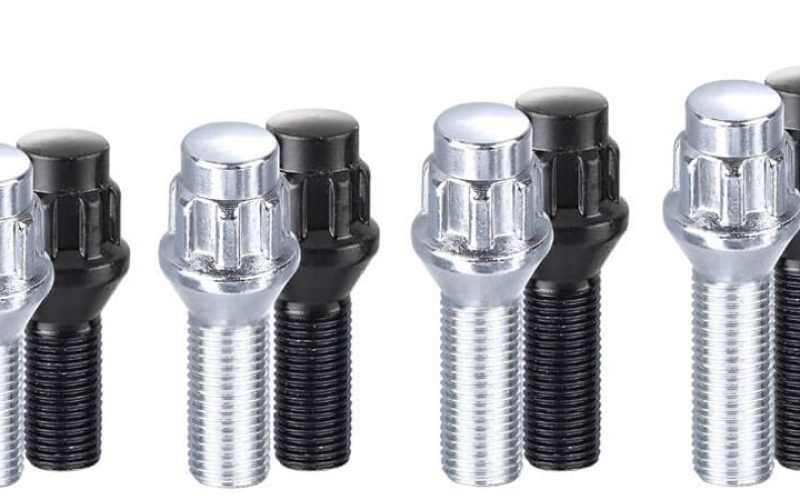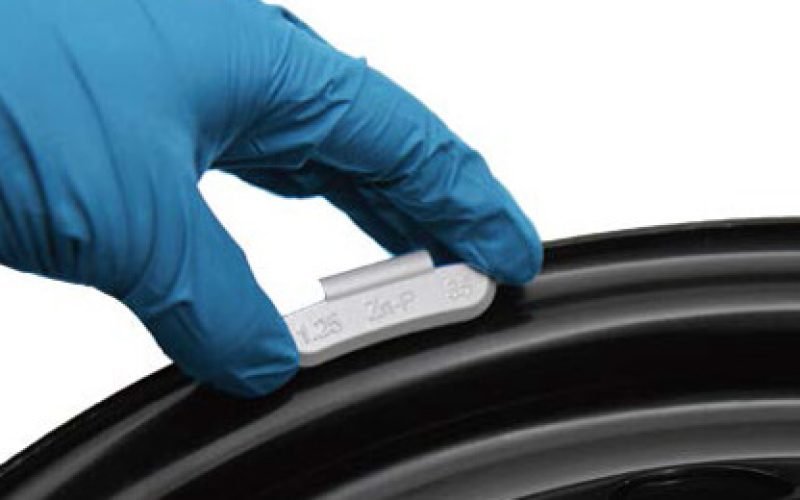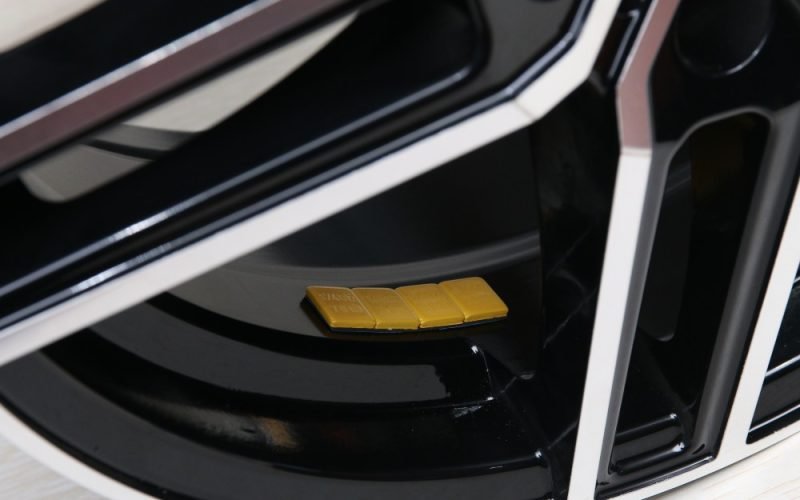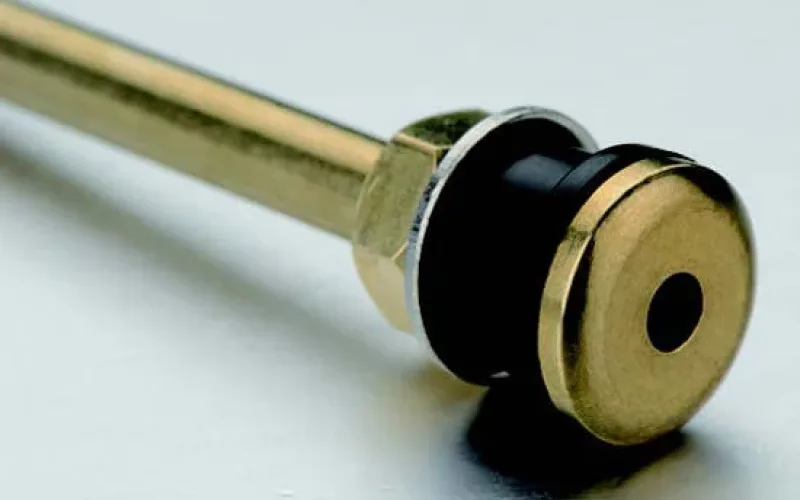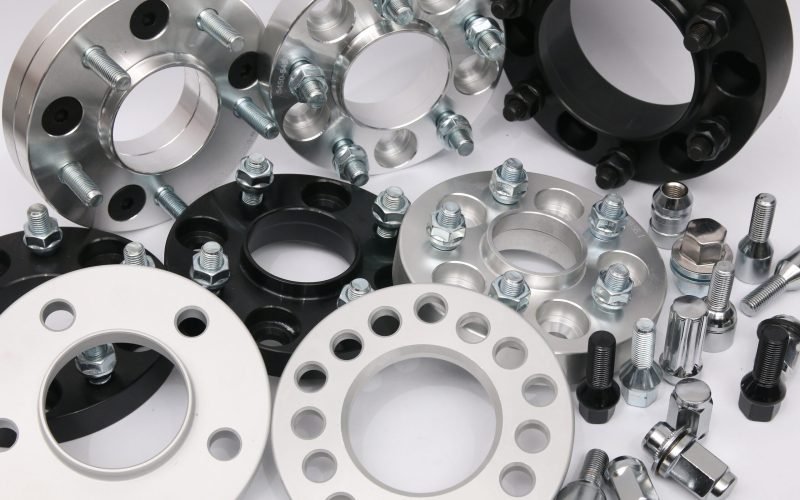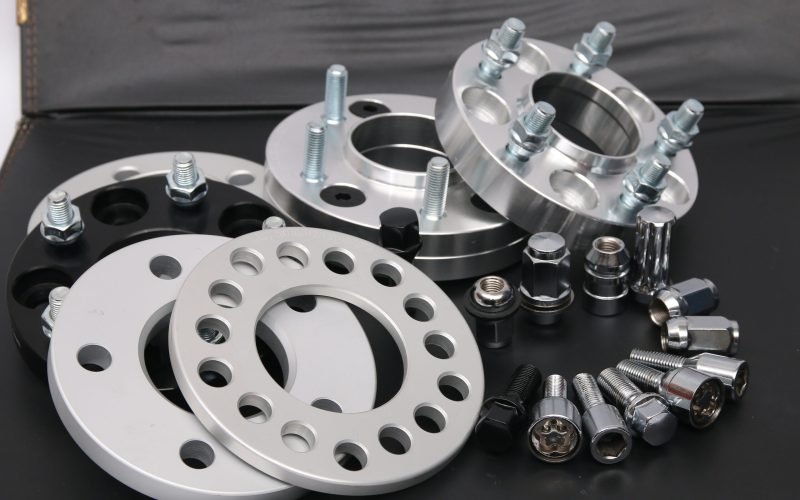

admin1
September 6, 2025
How Tire Screw Caps Help Prevent Tire Pressure Loss

Maintaining proper tire pressure starts with small components that many drivers overlook. Tire valve caps protect the tire valve and help shield internal valve cores from dirt, moisture, and mechanical damage. While the valve core is responsible for sealing air inside the tire, the cap provides an additional protective barrier. When these caps remain securely in place, they reduce contamination risks and help prevent gradual tire pressure loss, supporting safer driving and consistent vehicle performance.
Tire Screw Caps: Your First Line of Defense
How Tire Valve Caps Protect Against Air Leaks
A tire valve is designed to maintain internal pressure, but it operates in an exposed environment. Road dust, rainwater, salt, and debris constantly interact with the valve stem. Without tire valve caps, contaminants can enter the valve opening and interfere with the sealing surface of the valve core.
When a cap is properly installed:
- It blocks dirt and moisture from entering the valve.
- It reduces corrosion risk on metal components.
- It provides a secondary seal in case the valve core experiences minor wear.
Some tire valve caps include internal sealing rings that compress against the valve stem threads, creating an additional barrier against air escape. This secondary sealing function becomes especially important in harsh weather or high-mileage driving conditions.
Why Tire Caps Matter for Tire Longevity
Consistent tire pressure directly affects tread wear and overall tire lifespan. When pressure drops gradually due to contamination or minor valve leakage, uneven wear patterns may develop. Over time, this reduces tire service life.
Tire valve caps help:
- Maintain stable pressure by preventing debris intrusion.
- Protect the valve core from premature wear.
- Reduce the likelihood of slow air leaks.
Although small in size, these components contribute to maintaining proper inflation levels, which improves handling stability and reduces unnecessary tire stress.
How Tire Pressure Loss Happens

Common Causes of Air Leaks in Tires
Air loss does not always result from visible punctures. Several common issues can contribute to gradual deflation:
- Small punctures from sharp road debris
- Cracks or aging in the tire valve stem
- Improperly seated valve cores
- Rim bead leaks caused by corrosion
- Temperature fluctuations that reduce internal pressure
In colder weather, air density changes can reduce tire pressure by approximately 1 PSI for every 10°F drop. While this is natural, additional leakage caused by valve contamination can compound the issue.
The Role of Tire Valve Caps in Preventing Deflation
Tire valve caps act as a preventive maintenance component rather than a primary pressure-retaining device. The valve core performs the primary sealing function, but the cap ensures that the valve system remains clean and protected.
Without caps:
- Dust and water can accumulate around the valve opening.
- Corrosion may affect internal sealing surfaces.
- Valve cores may experience accelerated wear.
With caps installed:
- The valve assembly stays cleaner.
- The risk of secondary leakage decreases.
- Pressure stability improves over long-term use.
This layered protection approach supports safer driving and more consistent tire performance.
Risks of Missing or Damaged Tire Screw Caps
Safety Concerns
Low tire pressure reduces steering responsiveness and braking efficiency. When pressure drops unexpectedly due to contamination or slow leaks, drivers may experience:
- Reduced cornering stability
- Increased stopping distance
- Higher risk of blowouts at highway speeds
Maintaining intact tire valve caps helps reduce these risks by preserving the integrity of the valve system.
Impact on Tire Lifespan and Fuel Efficiency
Underinflated tires increase rolling resistance. When rolling resistance rises:
- The engine works harder.
- Fuel consumption increases.
- Tire shoulder wear accelerates.
Even small pressure deviations can reduce fuel efficiency by several percentage points over time. Protecting the tire valve and valve core with secure caps supports long-term pressure consistency, contributing to better fuel economy and extended tire life.
Increased Risk of Air Leaks Without Caps
Driving without tire valve caps does not usually cause immediate deflation. However, over time:
- Contaminants can block valve core sealing.
- Corrosion may weaken the valve structure.
- Micro-leaks may develop unnoticed.
These gradual effects often go undetected until noticeable pressure loss occurs. Replacing missing caps promptly prevents this long-term deterioration.
Checking and Maintaining Tire Screw Caps

How to Inspect Tire Valve Caps Regularly
Routine inspection helps prevent unexpected pressure loss. During monthly tire checks:
- Ensure all caps are present.
- Check for cracks or thread damage.
- Confirm caps tighten securely by hand.
If a cap feels loose or stripped, replace it immediately.
Replacing Lost or Damaged Tire Screw Caps
Replacing a cap is simple:
- Remove any damaged cap.
- Inspect the tire valve for debris or corrosion.
- Install a new cap by hand until snug.
- Avoid overtightening to prevent thread damage.
After replacement, verify tire pressure using a reliable gauge.
Choosing Quality Tire Valve Caps
Tire valve caps are available in multiple materials:
| Material | Characteristics |
|---|---|
| Plastic | Lightweight, economical, suitable for standard conditions |
| Metal | Durable, corrosion-resistant, suitable for harsh environments |
| Rubber-sealed designs | Provide enhanced sealing against moisture |
Selecting compatible caps that fit securely on your tire valve ensures consistent performance.
Conclusion
Tire screw caps may appear minor, but they play an important supporting role in preventing tire pressure loss. By protecting the tire valve and internal valve cores from contamination, they reduce the risk of slow leaks and corrosion. Combined with regular pressure checks and proper maintenance, secure tire valve caps contribute to improved safety, stable handling, better fuel efficiency, and longer tire lifespan.
FAQ
What happens if you drive without tire valve caps?
You increase the risk of contamination inside the valve assembly. Over time, this may cause slow air leaks and pressure instability.
How often should you check tire valve caps?
Inspect them monthly and before long trips. Replace any missing or damaged caps immediately.
Do tire valve caps affect pressure readings?
No. Remove the cap before measuring pressure and reinstall it afterward. A properly fitted cap does not alter gauge readings.
Are metal caps better than plastic ones?
Metal caps offer greater durability in harsh environments, while plastic caps provide sufficient protection for everyday driving. The key factor is proper fit and sealing capability.
